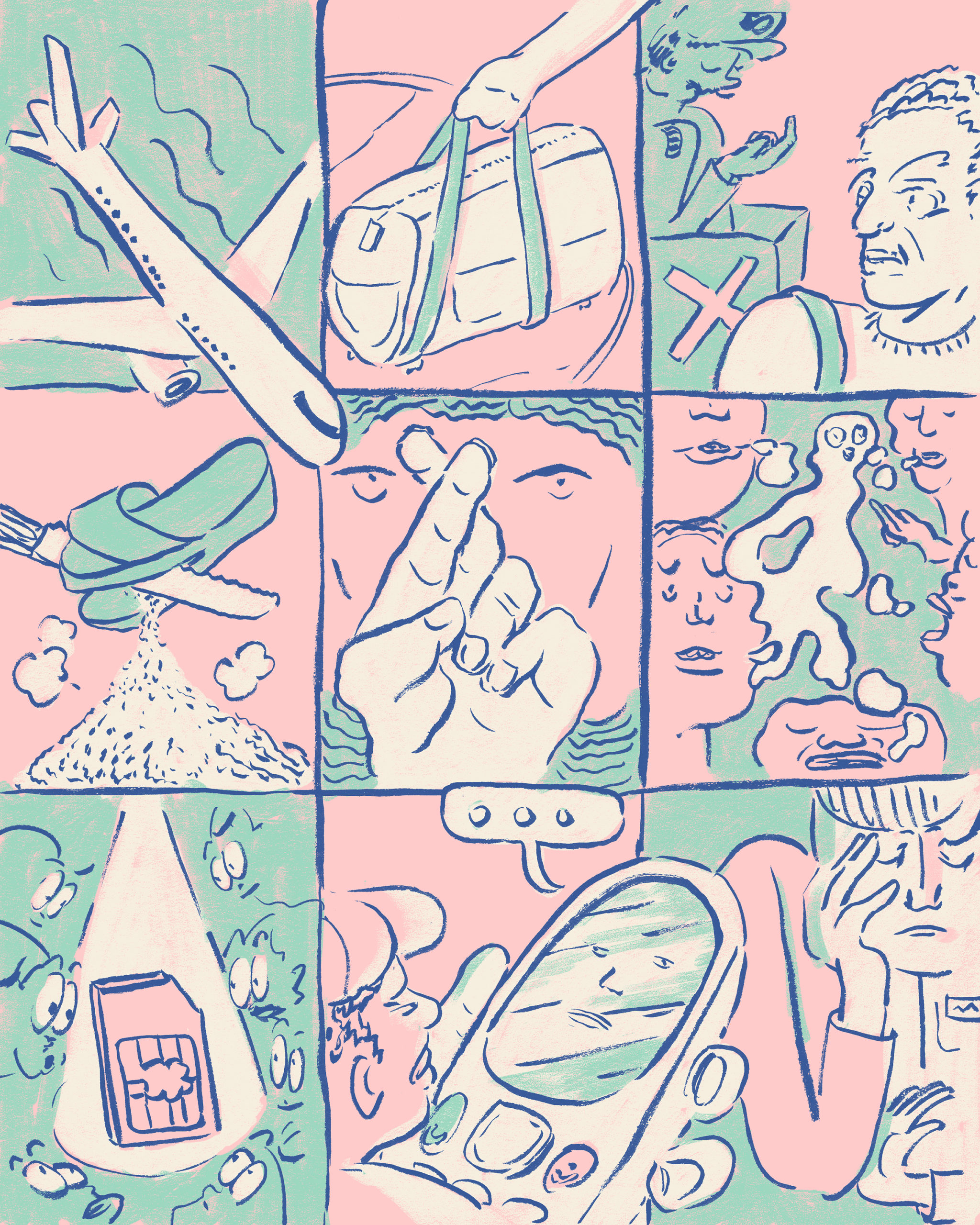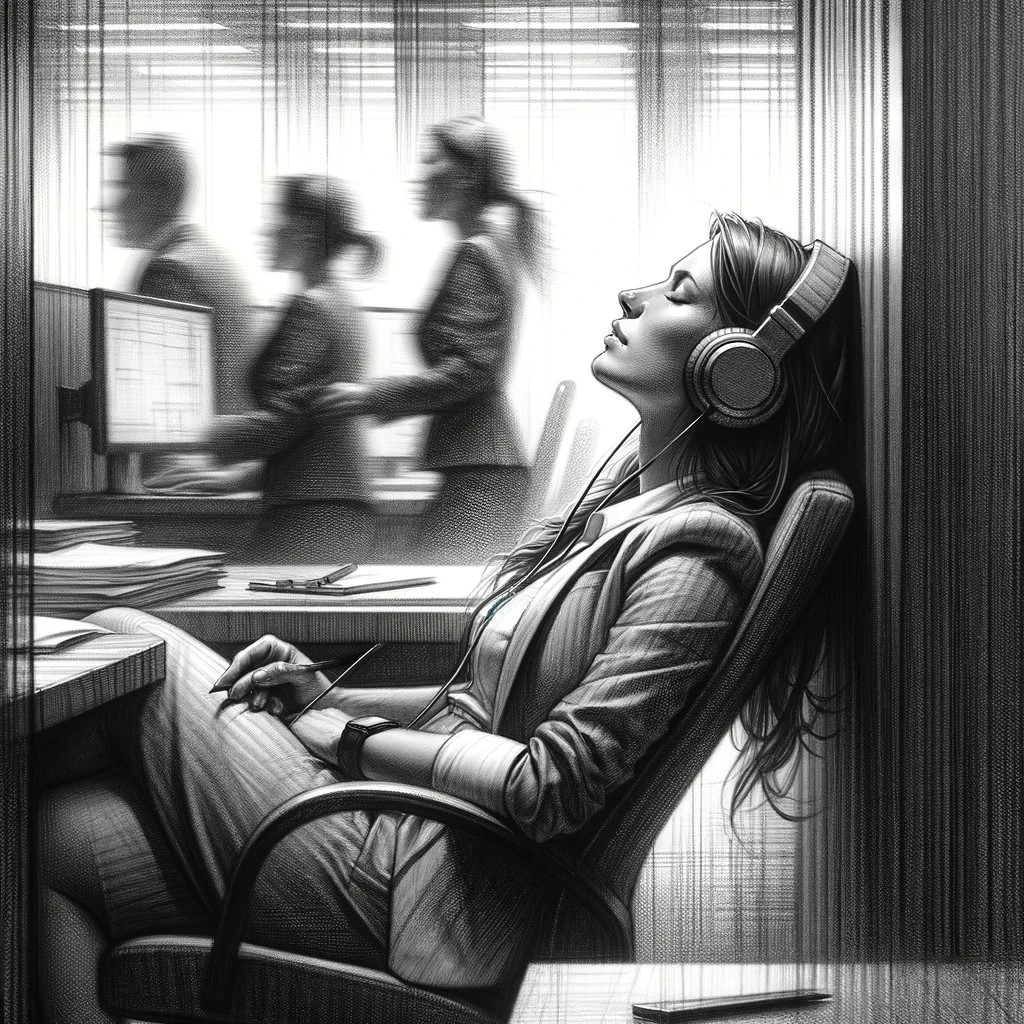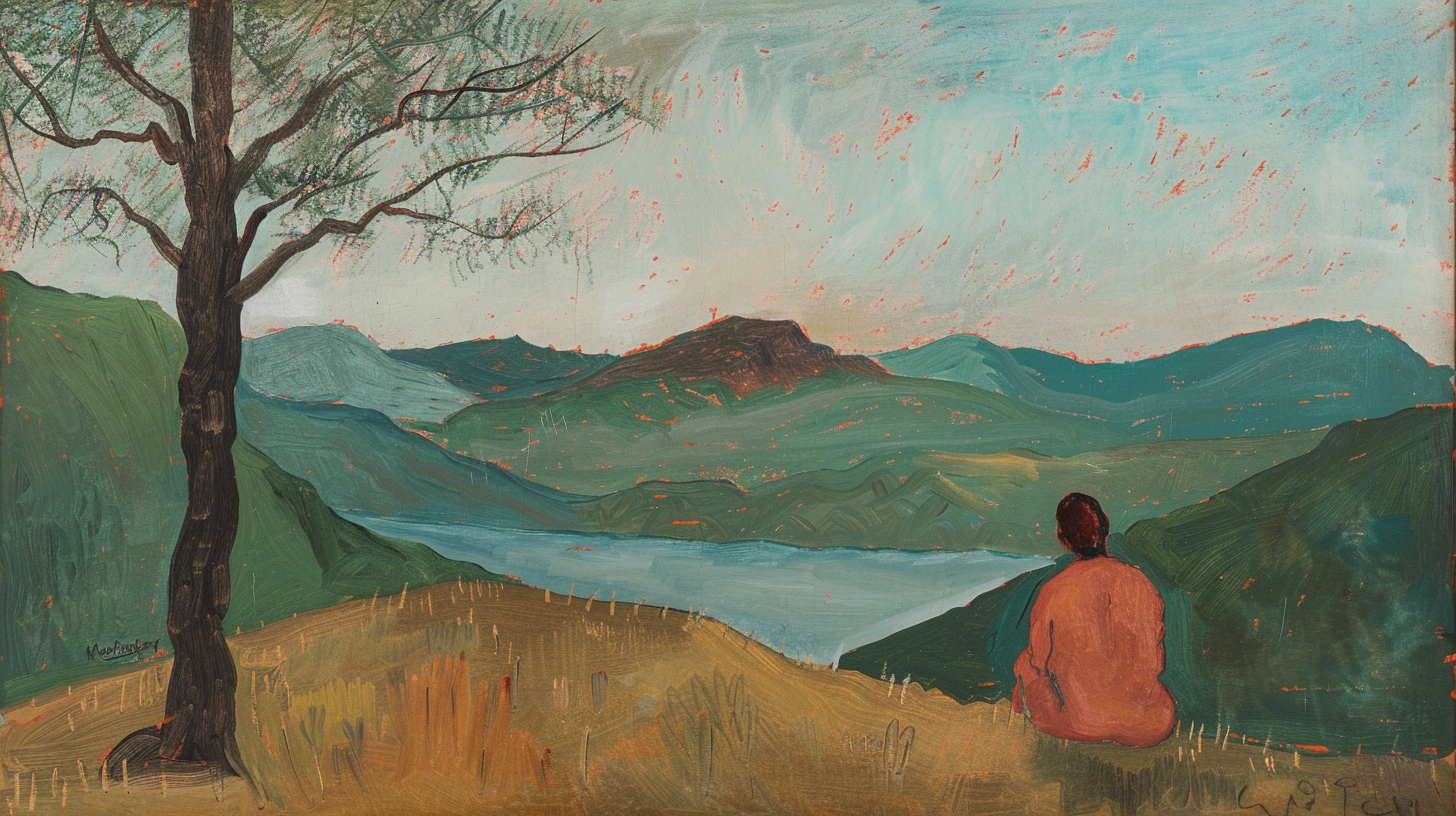Donatus Chidera Okonkwo was charged for drug trafficking, 39B. The sentence is death.
I remember him because of his name, specifically, his last name – Okonkwo. That is the name of the protagonist of one of my favourite novel Things Fall Apart by the Nigerian writer, Chinua Achebe. It was a pioneering novel. It told the African narrative from the native’s point of view instead of the Western colonialist’s. The book challenged English literature’s colonialist outlook on Africa. It is short enough to read in one sitting, which I strongly recommend. Doing so enables us to feel the full emotional brunt of its ending.
I digress a little to recommend his other excellent book, A Man of the People, which hits closer to home. The Nigerian politics and politician he describes in that book are so strikingly similar to our own that one need only replace the Nigerian names of people and places with Malaysian ones and you would think Achebe wrote about Malaysia. A Man of the People is a meditation why political and societal change is difficult and why the majority, suffer though they do, still prefer the status quo. It accounts for why change is slow, stuttering, and even regressive in the beginning.
I was excited to meet him when I saw his name on the Shah Alam High Court letter of appointment. I imagined he would be impressed with my knowledge of his tribe and village in Nigeria. However, when we met on the first case management date, it was an anti-climax. He was the usual court assigned drug trafficking African client: poor, poorly educated, and elementary in thought. He was oblivious to my paltry knowledge about his tribal origin. He was solely interested in how he was going to get out of his situation. His was the usual ‘airport case‘, which meant there was only sliver of narrative to fashion a defence from.
Donatus’s story was this: He was asked by Chief, who was his boss, to fly to Malaysia to pass some items to Chief’s brother who was studying in Malaysia. His contact was a man called Izu. After Donatus arrived, Izu called him to set up their meeting. Izu apparently called him again when he was at the luggage carousel. Donatus said he saved Izu’s number in his phone. Izu told him to wait at the airport until he could arrange for a pick up. So Donatus stayed at the airport overnight.
In the morning, Izu called to say Donatus could leave the airport. After he cleared immigration his bag was scanned. The officer at the X-ray machine detected contraband in his bags and arrested him. They led him to the inspection room and searched him. They opened his bag in front of him with the keys Donatus had on him. Inside amongst the clothes was a pink bag.
In the pink bag were several bars of soap, a few tins of powder, and a few pairs of slippers. The soap bars were hollowed out. The top part of the powder tins had powder, the bottom didn’t. The slipper soles were thickened and hollowed out. All these items were found to conceal drugs; various sized packets of methamphetamines. The police officers discovered this after a few deft incisions into a few of the items.
Of course, Donatus claimed he did not know anything about the drugs. All he knew was Chief wanted him to deliver Chief’s brothers things to Izu. Those items were in the pink bag. He said he checked the items to make sure they were legitimate. But his check was limited to a visual of the items in the bag. He did not open up any of the items because he did not want to offend Chief.
It was the usual drug mule story.
Usually, there is no evidence available to the defence lawyer to corroborate the accused’s narrative. The important part of his narrative takes place overseas. The local police are not going to fly over to Africa to verify the accused’s story. The courts are not going to require the police to do that. Further, it is not simply cost-effective but convenient for both police and court to treat their stories as a bare denial or an afterthought.
The only thing Donatus had going for him was Izu’s mobile number in his mobile phone. Donatus was sure Izu called him when he was at the airport. My thinking went: if we could show Izu’s mobile number in the call history of his phone then we had a chance at raising doubt on the prosecution’s case. It made Donatus’s narrative a bit more likely.
We had to show something because the courts rarely accepts the innocent carrier defence. Absence of knowledge has to be proved. It is impossible to succeed unless the carrier can demonstrate Alzheimer’s.
Any failure to inquire on the carrier’s part will be imposed with the ‘willful blindness’ concept. That legal requirement fails to appreciate the practical realities and relationships that dissuade and discourage a carrier from inquiry. One side has power and money, the other side does not. In fact the latter often has barely any education and no standing in society. For the latter to hold the former accountable to them is laughable and a lack of appreciation of human affairs. The former can send any number of the latter over because their lives are cheap.
I asked Donatus how sure he was that he saved Izu’s number in his mobile phone. He was very sure. I asked whether he was lying to me. He denied it. I asked him again whether he was very, very certain because that was the defence we were going with and there was no way back from it. He said he was very sure Izu’s number was there.
Satisfied with his insistence and confirmations, we went on the basis Donatus was an innocent carrier. His story had an echo of truth if Izu’s mobile was saved in his mobile phone. We can also check the calls from the call history. At every trial date I asked Donatus to confirm his version.
The prosecution had the phone Donatus said he saved Izu’s number in. So the strategy was to challenge the prosecution’s case as best we could then prove Donatus’s case during defence by switching on the mobile phone and showing the court the call history. Voila. A hot serving of reasonable doubt. Hopefully, an acquittal would follow.
The defence was inevitably called as it is for airport cases.
On the morning of the trial of the accused’s defence, before the case started, I asked for permission to inspect and switch on Donatus’s mobile phone. To my disappointment, it was dead and would not turn on. The interpreter pointed out the battery was damaged. When the case was called up, I asked the Judge to start in the afternoon because I wanted to find a replacement battery for the mobile phone. The moment the Judge allowed the stand down, Asim, Hakim (our firm’s eternal intern), and I rushed over to what is now known as the SACC Mall in Shah Alam to find the battery.
The challenge was the mobile phone. It was an old Nokia phone, which was at least three generations old. Finding the battery for it would be difficult. And so, it proved to be. The three of us split up to cover various parts of the mall. After each of us interrogated each and every one of the mobile phone vendors, we finally struck battery. There was one bare looking shop set back from the main shopping pathways that had a battery we could use. It was not the original, but a substitute, which the saleslady assured us would work. She said no one sold the original battery anymore. We took her word for it.
We had a quick bite then headed back to court. I admit I was quite anxious because if the battery did not work his defence would be dead like Donatus would be after his conviction. I was full of nerves as I slid the battery into the phone and pressed the on button. The phone’s screen lit up and emanated a faint green glow. It worked! Our battery hunt was not for naught! I switched off the phone and sat down pleased in my seat at the Bar table.
I began to imagine Donatus triumphantly showing the call history to the judge with Izu’s name in it, his arm outstretched confidently holding the phone, and the Deputy Public Prosecutor looking to the heavens in despair. Perhaps after that we could find out whether Izu’s number was a local or international one. I imagined calling Izu’s number right then and there. Victory was close. I could not wait for the case to be called up. If we won this, it would be my first airport case win, I recall thinking to myself.
Finally, the case was called up. Donatus was sworn into the box and I began with examination in chief. After having him narrate how he ended up in Malaysia, we came to the point of Izu calling him.
“You said Izu called your mobile phone. Where is your mobile phone?”
Izu pointed to a phone that was on the table with all the evidence. “It is a Nokia phone. I see it on the table there.”
“How many times did Izu call you?”
“Three times.”
“Please tell the court when Izu called you each time.”
“Izu call me first time when I was landing. I saw missed call from him. I call him back. I tell him I am going to take the luggage. After I take my luggage he called me. He asked me wait at the airport until he call me again. I waited a long time. I sleep at the airport. While I wait for him I save his number in my phone. In the morning, Izu call me to meet. Then I go to immigration.”
“Does your Nokia phone show who called you?”
“Yes.”
“Is this the phone you saved Izu’s number?”
“Yes.”
“So, if you turn on your phone, we will find Izu’s name and number in it?”
“Yes.”
“My Lord, permission for the witness to turn on his mobile phone.”
“Granted.”
“Mr Donatus, please turn on your phone and show the court Izu’s name and number.”
“Okay.”
He turned on the phone. It took a while to boot up. I was on my feet staring intently at Donatus. In fact, all eyes were on him and the phone. The phone took a while to boot up as phones do. I could see Donatus pressing buttons and the screen flickering. The court was silent. Only the aircon hum dominated the room. Donatus took longer than he should have. I was impatient for Donatus to hold up the phone. But he kept pressing the phone buttons. I don’t know how long he did that but after what felt like an eternity, Donatus finally turned to me and spoke.
“It is not here, sir.”
That was not the answer I expected or appreciated. In my heart, I knew he lied to me and his defence was over.
“Well, Mr Donatus, where is it?”
“I think it is in my other SIM card. It is the SIM card from Africa.” Until that point, I had never heard of another SIM card.
“And where is that card?”
“I don’t know.”
Despite being completely disappointed, I completed the rest of his narrative then closed the defence’s case.
The Judge directed written submissions, fixed a decision date, and then adjourned for the day.
As Donatus was led from the witness box to the holding cells, he looked at me. I think he noticed my look of deep displeasure when I approached him because he asked me, “Did I say something wrong, sir?”
“Yes, you lied to me, Donatus. There never was an Izu.”
“Will I be guilty, sir?” he asked me without missing a beat.
“Yes, Donatus. You will be.”
“Can you please do my appeal?”
“No, Donatus. I would not be good for your appeal.”
“Why?”
“Because If I did your trial. The judges on appeal only need to ask me about your defence and your appeal will be over in a minute. Get another lawyer. Hopefully, he can see something I didn’t.”
His appeal to the Court of Appeal was dismissed.
This is an example of why a client, be it criminal or civil, should never lie to their own lawyer.
It does a great deal more harm for the client than it would for the lawyer.
Because the client would suffer the consequences of those lies, the lawyer only has his disappointment to contend with.
Related Posts
- Taking Chances
A second year law student once asked me in an email interview, If you did…
- First Impressions Are Something But Not Everything
Before I met CS Lim, I would click naturally and immediately with the people that…
- Hasan Ali and Me | Part Three
Just before I took Hasan Ali on, between the period of 2012 to 2016, I…
- Hasan Ali and Me | Part One
Prelude Many years ago when I was a young lawyer taking up criminal cases from…
- Hasan Ali and Me | Part Four
If Hasan Ali and me were a three-act play; we were now at the point…








